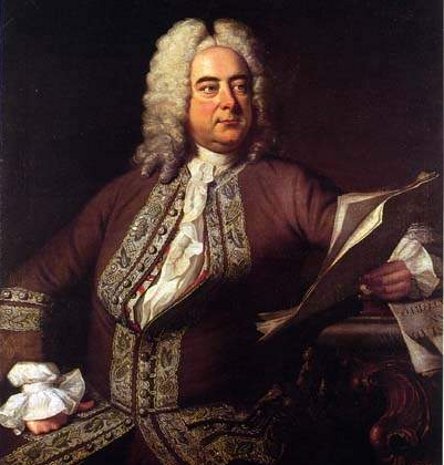Boston Baroque presents a graceful, admirable “Messiah”

Handel's "Messiah" was performed Friday night at Jordan Hall by Boston Baroque.
Truly historically minded audiences may be skeptical of any performance of Handel’s Messiah, textually and historically an Easter event, during Christmas season. For the less doctrinaire, Martin Pearlman led a balanced and graceful performance of Handel’s Messiah Friday night at the New England Conservatory’s Jordan Hall.
Friday’s performance was produced by Boston Baroque, which is concerned with faithful reconstructions of Baroque performances. Many of these performance practices are impossible to reconstruct precisely; certainly Handel had expected his performers to exploit alternations in tempi and mood in the score, particularly in the long arias for alto and baritone, and to generate excitement with sheer bravura.
There were moments Friday when Pearlman did not always sharply delineate these contrasts in mood, and lost some dramatic opportunities — such as not following Thou shalt break them with the Hallelujah chorus attacca. On the other hand, Pearlman understands very well that Handel constructed airs and choral numbers from Baroque dance music, and produced tapered and elegant phrasing from his orchestra of period instruments, his chorus, and the soloists.
Of the soloists, tenor Keith Jameson was the most satisfactory, singing with a bright tone, admirably clear diction, and enough panache to perform an unaccompanied messa di voce on his entry. Andrew Garland’s plush, resonant baritone was a highlight. The lowest regions of his voice sounded weaker, yet Garland’s impressive rendition of The trumpet shall sound (with fine instrumental obbligato by Robinson Pyle) aroused the night’s most spontaneous applause.
Ava Pine’s soprano blossomed thrillingly in its upper reaches, but her tone suffered from some lack of focus, and some of her phrasing and embellishments were overdone. On purely vocal terms, mezzo-soprano Julia Mintzer was a disappointment. Her voice failed to projct over the orchestra, and the tessitura seemed to lie uncomfortably low for her. Still, Mintzer sang with taste and generosity, and her rendering of He was despised was delivered to a hushed hall.
Baroque absolutists may be disappointed that the choir consisted of a mix of men and women rather than men and boys, but Pearlman’s chorus proved the outstanding strength of this performance, singing Handel’s many runs and turns nimbly and powerfully when needed.
Besides a mix of romantic and “historical” traditions, Boston Baroque’s production of Messiah also features some elements that seem to be the unique result of its relentless search for historical authenticity; in keeping with dance-like figurations, Pearlman has the orchestra implement staccatos on the quarter notes in the fugal subject of the closing Amen.
The Messiah will be repeated 7:30 p.m. Saturday. bostonbaroque.org
Posted in Performances



